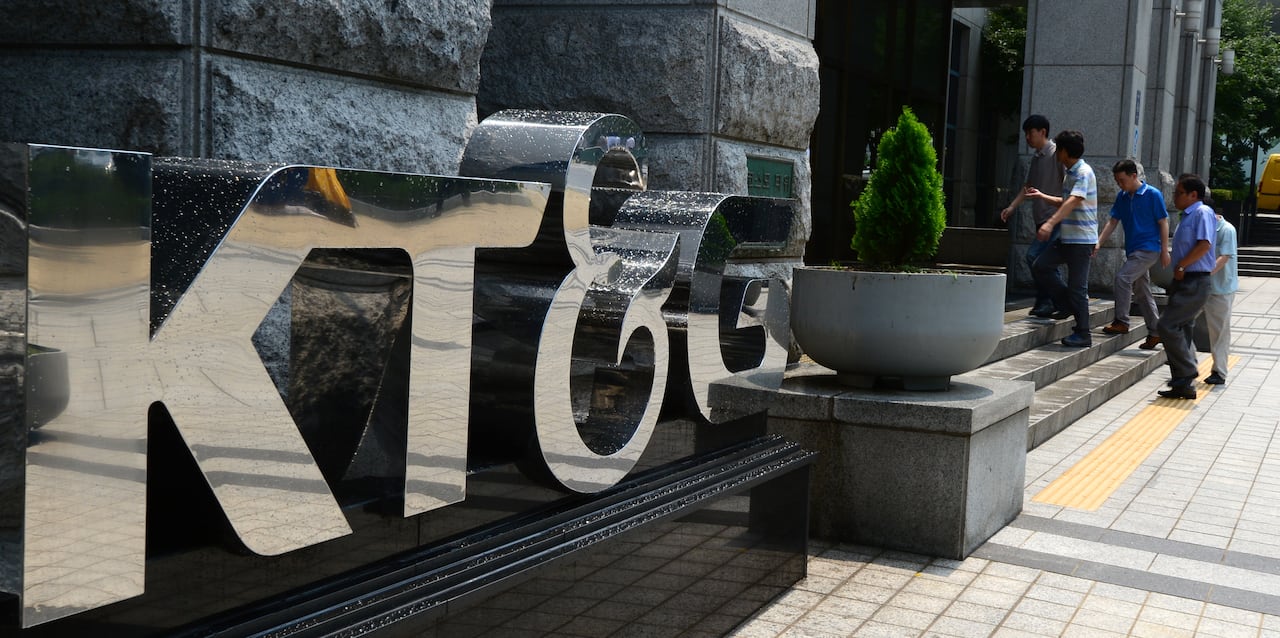
According to a report by Vaping360 on January 23rd, the lawsuit filed by NJOY, a subsidiary of the American tobacco company Achia, against dozens of disposable e-cigarette manufacturers, distributors, and retailers was dismissed by a federal court in California. However, the court did not dismiss the lawsuit against iMiracle, the manufacturer of ELFBAR.
The lawsuit was filed in October of last year, accusing these companies of selling illegal products in California and the United States. It seeks a nationwide injunction to prevent future imports and sales of these products and demands compensatory and punitive damages to be awarded to NJOY.
The accused companies include Breeze, ELFBAR, Esco Bar, Flum, Juice Box, Lava Plus, Loon, Lost Mary, Mr. Fog, and Puff Bar, among others. These brands collectively constitute a significant portion of the disposable e-cigarette market in the United States.
Federal Judge Terry J. Hatter Jr., of the Central District of California, signed a dismissal order on January 18. The court ruled that the defendants were erroneously included in the lawsuit as they were not involved in the same transaction, event, or series of transactions or events. Consequently, Judge Hatter dismissed all parties except for the first defendant, iMiracle, from the litigation.
According to reports, NJOY was once a pioneer in the independent e-cigarette industry, but it is now a subsidiary of Ochsia, the manufacturer of Marlboro cigarettes in the United States. Last year, this tobacco company acquired NJOY for a price of $2.75 billion, after previously giving up its 35% stake in Juul Labs. Currently, NJOY's two e-cigarette devices are among the six devices authorized by the U.S. Food and Drug Administration (FDA).
The judge made these rulings in a manner that "does not harm the plaintiff's rights," which means that NJOY can refile the lawsuits against the dismissed defendants, possibly as separate or related groups. The court also dismissed NJOY's allegations of unfair competition and rejected its motion to impose a preliminary injunction on the defendants' sales and distribution.
In the case of the Hong Kong-based ELFBAR manufacturer, iMiracle, the court has rejected NJOY's request to serve legal documents via email, stating that there is an established international procedure (the Hague Convention) for serving legal notices to foreign defendants. As a result, NJOY's lawsuit against iMiracle remains valid, and iMiracle will be unable to proceed with the litigation until formal notification is received from the court.
We welcome news tips, article submissions, interview requests, or comments on this piece.
Please contact us at info@2firsts.com, or reach out to Alan Zhao, CEO of 2Firsts, on LinkedIn
Notice
1. This article is intended solely for professional research purposes related to industry, technology, and policy. Any references to brands or products are made purely for objective description and do not constitute any form of endorsement, recommendation, or promotion by 2Firsts.
2. The use of nicotine-containing products — including, but not limited to, cigarettes, e-cigarettes, nicotine pouchand heated tobacco products — carries significant health risks. Users are responsible for complying with all applicable laws and regulations in their respective jurisdictions.
3. This article is not intended to serve as the basis for any investment decisions or financial advice. 2Firsts assumes no direct or indirect liability for any inaccuracies or errors in the content.
4. Access to this article is strictly prohibited for individuals below the legal age in their jurisdiction.
Copyright
This article is either an original work created by 2Firsts or a reproduction from third-party sources with proper attribution. All copyrights and usage rights belong to 2Firsts or the original content provider. Unauthorized reproduction, distribution, or any other form of unauthorized use by any individual or organization is strictly prohibited. Violators will be held legally accountable.
For copyright-related inquiries, please contact: info@2firsts.com
AI Assistance Disclaimer
This article may have been enhanced using AI tools to improve translation and editorial efficiency. However, due to technical limitations, inaccuracies may occur. Readers are encouraged to refer to the cited sources for the most accurate information.
We welcome any corrections or feedback. Please contact us at: info@2firsts.com







